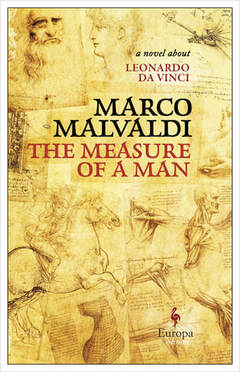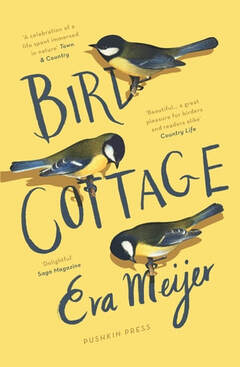The Measure of a Man by Marco Malvaldi translated by Howard Curtis and Katherine Gregor
When a man is found dead in the castle courtyard, the Duke’s astrologer deems it’s due to some mysterious pestilence; Leonardo’s convinced it’s murder. But his failure to admit his own connection to the victim points the finger of suspicion back towards him. In resolving the mystery of whodunnit and why, Marco Malvadi provides an insight into the culture of Renaissance Italy and the workings of an artist’s mind.
While challenged by the profusion of characters, despite the dramatis personae at the front, I found this an entertaining and illuminating read. I particularly appreciated the depiction of the conflict between science and religion/superstition, and of the fragility of the financial system on which, now as then, we all depend. The occasional authorial asides, with no pretence this isn’t a twenty-first-century novel, provide, with a couple of exceptions[1], a welcome humour. Thanks to publishers Europa editions for my advance proof copy.
[1] I wasn't impressed by the author rather than a character referring to the King of France as a cretin, and I'm sure he could have found a better way of warning against judging the past by present values by declaring – at least in my proof copy – that a man marrying an eleven-year-old is not a paedophile.
Bird Cottage by Eva Meijer translated by Antoinette Fawcett
The fourth child of wealthy parents, Len’s interest in ornithology was inspired by her father, an accountant turned poet. Her mother encouraged her love of music, but only so she could give recitals at the monthly soirées. Len wasn’t expected to leave home except for marriage, nor to earn money of her own. But she did both: moving to London to join an orchestra shortly before the outbreak of the First World War.
Almost a quarter of a century later, she’s had enough. Her father’s death grants her the funds to buy a cottage in the countryside where she devotes the rest of her life to the birds. Star, a particularly intelligent great tit, becomes a firm favourite; Len even manages to teach her to count up to 8. Unfortunately, as the author informs us in the acknowledgements section, the Sussex Naturalists’ Trust, to whom she bequeathed the cottage, did not honour their promise to turn it into a bird sanctuary on her death.
Eva Meijer has written a heart-warming – but unsentimental – novel about an inspiring woman: English eccentric, lay scientist, talented musician and ornithologist with the courage to live life on her own terms. Thanks to Pushkin Press for my review copy.
| My short story collection on the theme of identity, Becoming Someone, includes one about a man similarly obsessed with birds. Unfortunately my character is less successful than Len in accommodating to the rest of the world. |
























 RSS Feed
RSS Feed





















